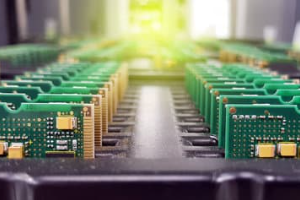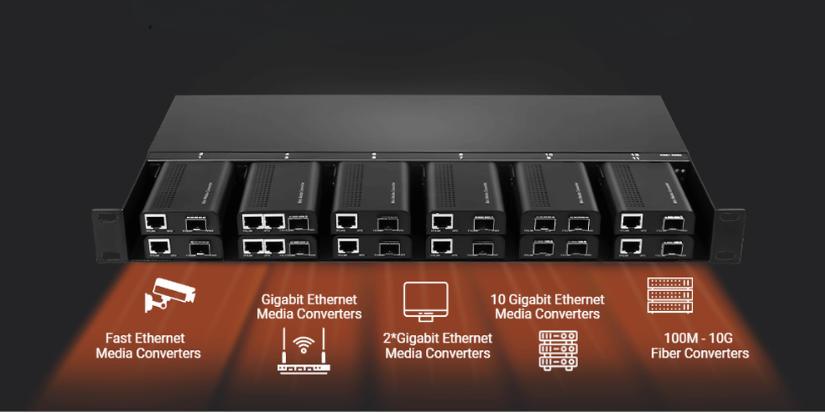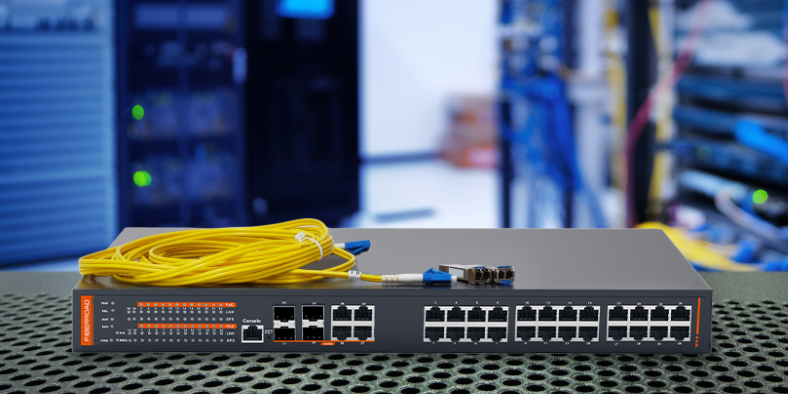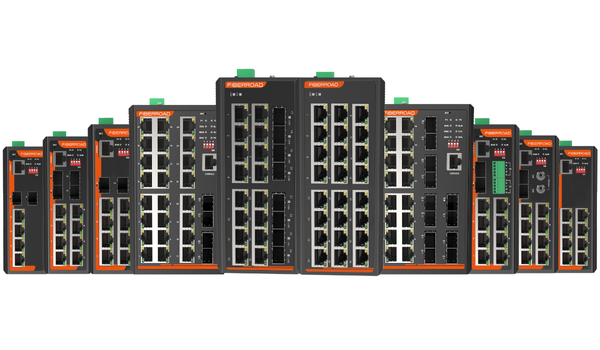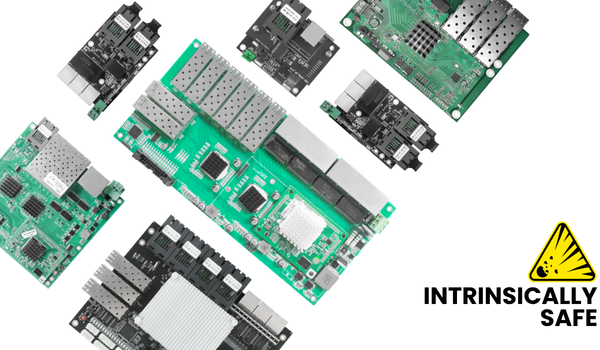What is an Industrial Ethernet Switch?
Industrial Ethernet Switches are an essential component in various industries, facilitating the smooth operation of networks and systems. These switches are specifically designed to withstand harsh environments, making them more robust and durable compared to normal switches.
An industrial ethernet switch is a networking device that allows multiple devices to connect within an industrial network. It provides high-speed data transmission and reliable connectivity, ensuring efficient communication between machines, equipment, and control systems.
Unlike normal switches used in homes or offices, industrial switches are built with ruggedized features. They can operate reliably in extreme temperatures, humidity levels, vibrations, and electromagnetic interference (EMI). This makes them suitable for use in manufacturing plants, oil refineries, power stations, transportation systems, and other demanding industrial settings.
Applications of Industrial Ethernet Switches
Industrial Ethernet Switches are not just limited to a single application but have a wide range of uses across various industries. One of the key applications of industrial Ethernet Switches is in manufacturing plants, where they play a crucial role in controlling and managing production processes. These switches enable seamless communication between different machines and devices, ensuring smooth operations on the factory floor.
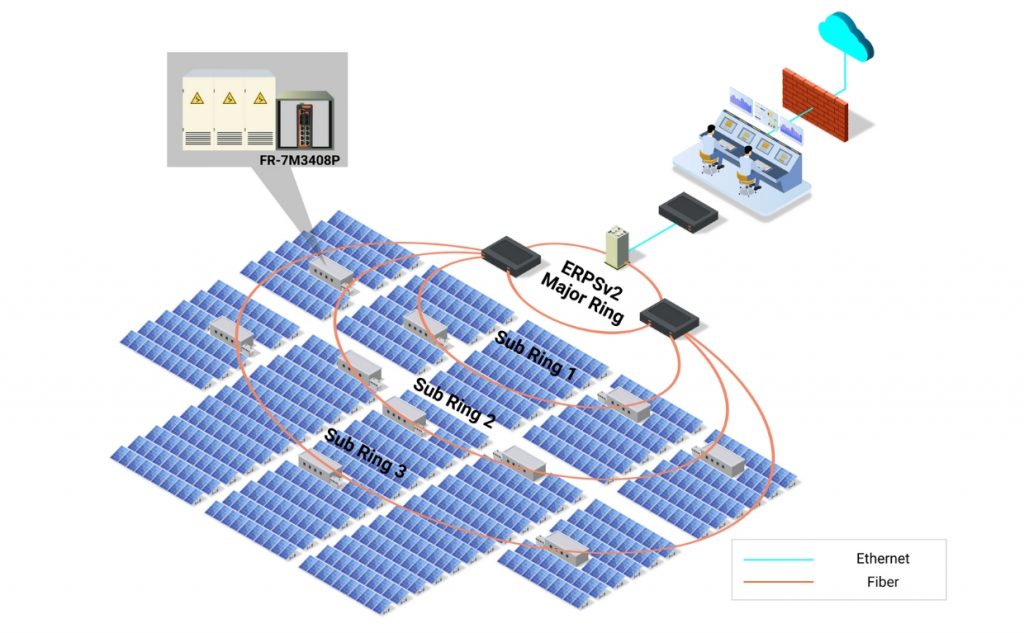
In addition to manufacturing, industrial switches are also commonly used in transportation systems such as railways, airports, and ports. They help monitor and control traffic flow by connecting various sensors, cameras, and other equipment for efficient management. This ensures safety and reliability in these critical infrastructure environments.
Furthermore, industrial switches find their place in energy production facilities like power plants or renewable energy installations. By providing reliable network connectivity, they facilitate remote monitoring and control of critical equipment such as turbines or solar panels. This helps optimize performance and minimize downtime.
Another important application is found within the oil and gas industry where industrial switches are utilized for data acquisition from sensors placed on pipelines or drilling rigs. The robustness of these switches allows them to withstand harsh environmental conditions while ensuring continuous data transmission for real-time monitoring.
Industrial switches have become essential components in smart buildings that incorporate automation systems for lighting, HVAC (heating ventilation air conditioning), security surveillance, and access control systems. These advanced networks enhance energy efficiency while improving overall building management.
Differences between Industrial and Normal Switches (Cost, Durability, Performance)
Industrial Ethernet Switches and Normal Ethernet Switches may look similar at first glance, but they have significant differences when it comes to cost, durability, and performance. The cost of an industrial switch is generally higher than that of a normal switch. This is because industrial switches are built to withstand harsh environments and heavy usage, requiring more robust materials and advanced engineering.
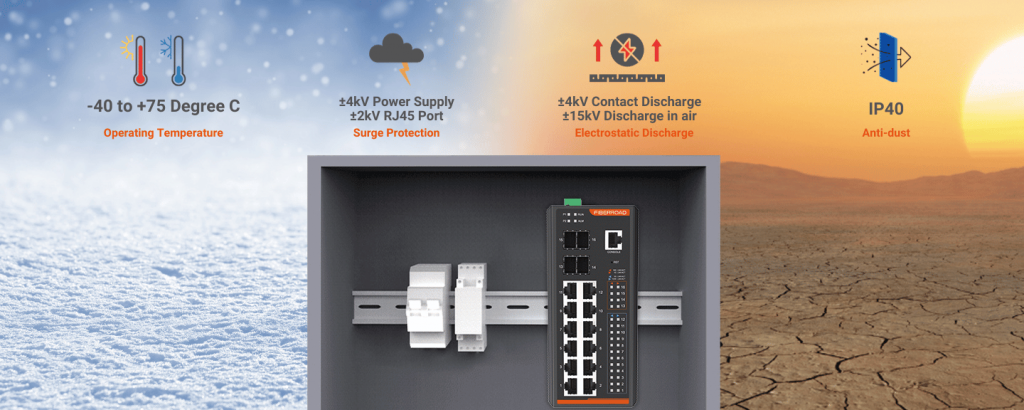
In terms of durability, industrial Ethernet Switches outshine their normal counterparts. They are designed to operate reliably in extreme temperatures, high humidity levels, or dusty conditions without compromising performance. Normal switches may struggle under such circumstances, leading to frequent breakdowns or reduced efficiency.
When it comes to performance, industrial switches excel in delivering consistent and reliable network connectivity. They often offer features like redundant power supplies and enhanced security protocols that ensure uninterrupted operations even during critical moments. On the other hand, normal switches are suitable for basic networking needs in home or small office setups where the demand for bandwidth and reliability is relatively low.
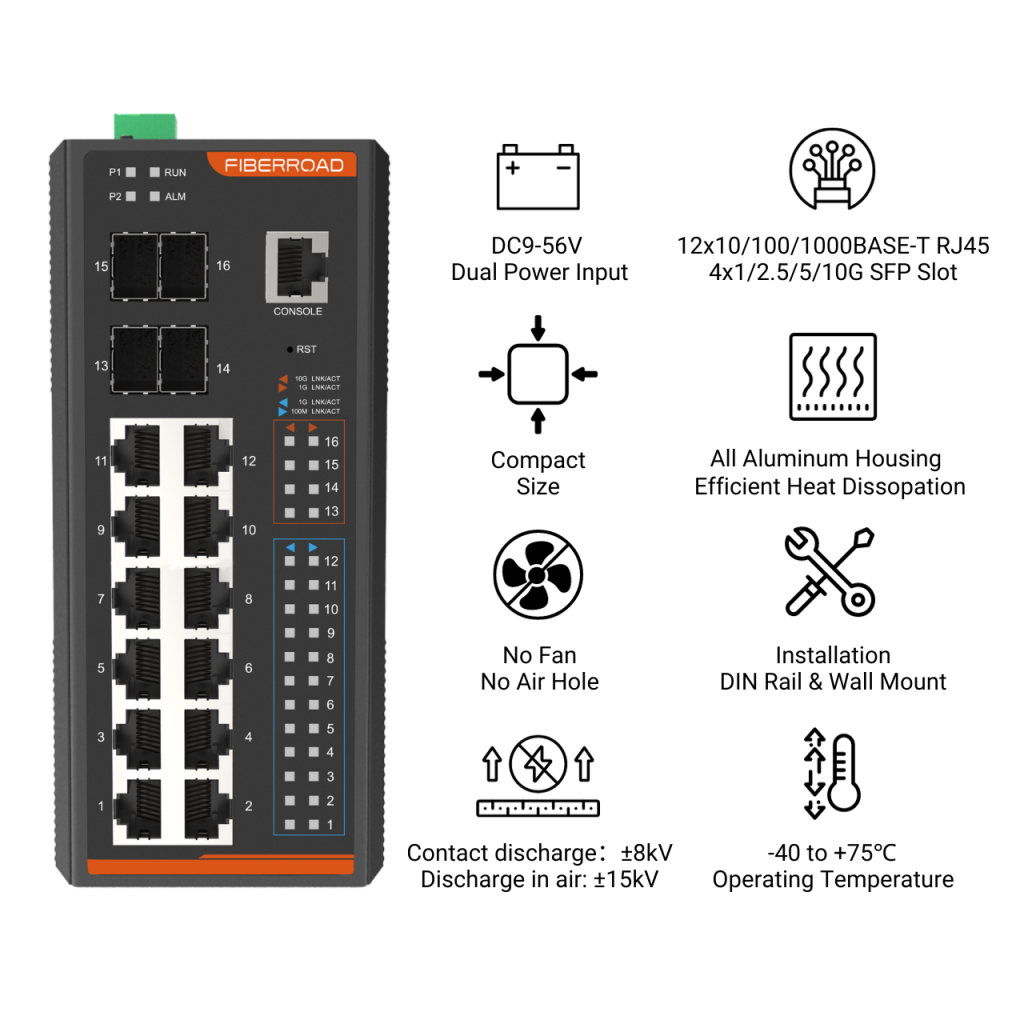
Understanding these differences is crucial when choosing the right switch for your specific needs. If you require a network setup that can handle demanding applications or operate in challenging environments with minimal downtime risks, investing in an industrial switch would be wise despite the higher upfront cost.
On the other hand, if you have simpler networking requirements within a standard office or residential setting where budget constraints are important considerations, a normal switch will likely suffice. By understanding your unique demands and weighing factors such as cost-effectiveness against long-term reliability benefits, you can make an informed decision that aligns with your goals.

